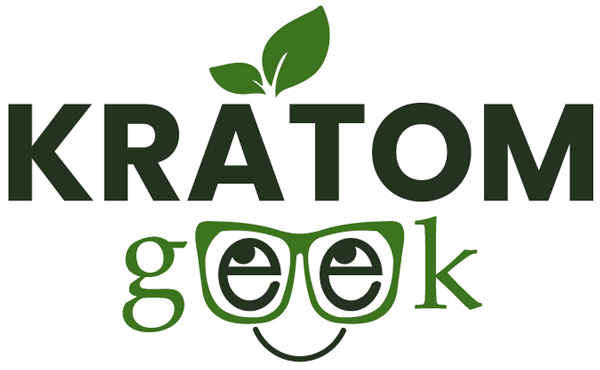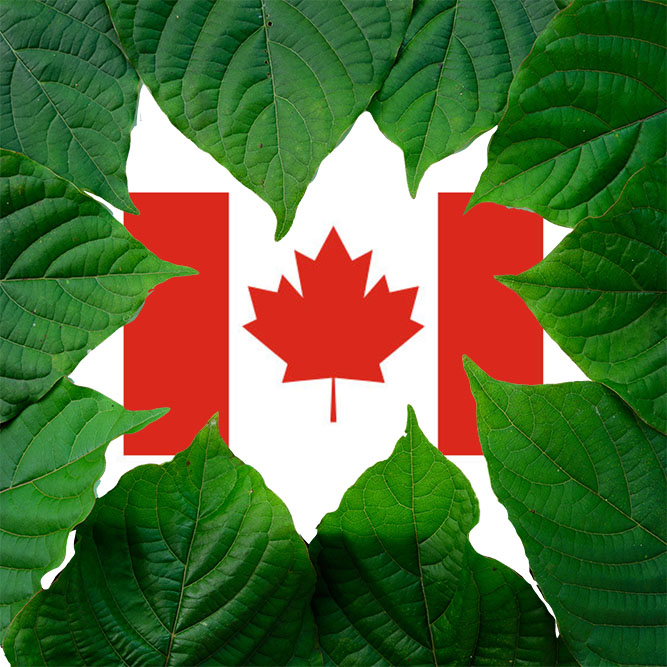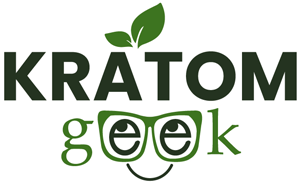Even though kratom is a natural supplement, the legality of the plant is a bit convoluted. Take the United States as an example. On the federal level, kratom is entirely legal. However, there are currently six separate states that have legislation on the books making kratom illegal to possess, purchase, or sell in those states. And that’s just in the US. Other countries have totally banned kratom within their borders. Hell, even some of the nation’s where kratom grows naturally within their borders, the state will still charge and arrest anyone caught selling the substance. So it’s impossible to know all the exact places where kratom is legal—or illegal, for that matter.
And just because it’s legal in a specific country doesn’t mean there’s an open market for kratom products, either. America recently went through several changes over the past decade regarding the way the kratom industry marketed its products. It was a necessary maneuver to keep the federal agencies from targeting the businesses. However, all of that changed in the past few years. Now, kratom companies advertise their products like any other food or supplement.
But there are other countries where kratom is legal that deal with regulatory complications. Take our neighbor to the north for example: Canada. Technically, the politicians haven’t banned the plant. But kratom companies in that country jump through hoops when marketing kratom products.
Canadian Government Agencies Regulate Kratom
Both America and Canada have similar governing agencies that regulate food and public health concerns. In the US, we have the Department of Health and Human Services (HHS) and the Food and Drug Administration (FDA). In Canada, it’s the Department of Health Canada (HC) and the Canadian Food Inspection Agency (CFIA). And the two nations signed an arrangement in 2016 to recognize each other’s food safety systems as comparable to one another. And that might be the reason both countries’ agencies have the same outlook on kratom: they all consider kratom a grave threat to the public. Similar to America’s FDA, Canada’s HC and CFIA serve as science-based regulatory agencies. However, neither county seems to acknowledge the massive scientific studies that support kratom is not a dangerous substance.
Instead of following the science, Health Canada defines kratom as an “herbal product that may pose serious health risks when swallowed or inhaled. Side effects include drowsiness, nausea, vomiting, seizures, liver toxicity, and excessively rapid heartbeat.” The agency states kratom has the potential for abuse and dependence. But recent scientific studies suggest that neither liver toxicity nor addiction seems to be related to kratom usage.
According to the Canadian government, the agency has not authorized any products containing kratom for sale. And it states that selling any health products without its authorization is illegal in Canada. Furthermore, the department advises consumers not to swallow or inhale products labeled to contain kratom because of potential side effects.
Is Kratom Legal for Purchase in Canada?
In 1996, the Canadian government passed the Controlled Drugs and Substances Act. It replaced its former counterpart: the Narcotic Control Act and parts of the Food and Drugs Act. Any drug listed in the legislation is illegal in Canada. And currently, at the moment, kratom has not been placed on its list of scheduled drugs. So, technically, kratom is legal for purchase. But complications surround the Canadian kratom market. As we discussed earlier, kratom products cannot be sold as a health product. So that limits how it can be marketed to the public.
The governing agencies in Canada don’t allow for kratom products to be sold for internal usage. So the kratom vendors in Canada have to market their products in more devious manners. On kratom company websites in the country, you’ll notice that put warnings out that kratom products are “Not for Human Consumption.” But there are other ways they advertise the products, too. Some say kratom is for spiritual connections. You’ll see some claim its purpose lies in aromatherapy and market the leaf as incense. Still, others sell it for scientific research or as an ingredient to be used in making cleaning products. As you can see, the Canadian kratom industry has a lot of red tape to circumvent to continue selling their products.
However, without the industry admitting kratom is meant for ingesting, that creates complications for consumers. For starters, no system exists to make sure the products are safe for consumption.
The Risks Associated with Selling or Buying Kratom
With kratom products in a gray area inside Canada, it makes it difficult to assess the risks of selling kratom. So far, Health Canada has taken it upon itself to seize those unauthorized products from locations where they sell kratom. Then it issues a safety alert on its website to inform the public about the effort taken. Yet, nobody knows for sure what instigates the actions by the government agency. It could result from an investigation or someone in the general public reporting the vendors through the toll-free number or complaint forms online. Some might even do it to their competition. So it’s best to find other sources for kratom.
As for purchasing kratom directly from suppliers in Indonesia, that remains a risk, too. Like the FDA in the United States, Canadian government agencies are working closely with the Canadian Border Services Agency to stop kratom products from making it into the country. And since almost the entire amount of kratom on the market originates from Indonesia, Canadian border agents are more likely to investigate orders coming from that country. So ordering from there leaves you at risk of having your order confiscated, losing the money from the purchase in the process.
However, there are other countries where you Canadians can purchase kratom and lower the risk associated with confiscations: the United States. There are hundreds of kratom companies to select from when buying kratom. And kratom vendors in the US have an advantage over the Canadian competition.
Kratom Products Are Available for Purchase in the US
While kratom companies in Canada have to deal with additional burdens to sell kratom, the vendors in the United States have it easier. They can sell kratom as a natural supplement. More to the point, kratom is not for human consumption. Since the Drug Enforcement Agency (DEA) backed down from its emergency scheduling of the substance, the kratom industry in the US has taken the right steps to initiate strategies that make kratom products safer for the consumer. And that’s even without the FDA forcing them to do it, which the FDA is supposed to do—but it refuses to do its job. Even so, the American kratom industry stepped up to fill the regulatory gap left behind.
Canadians would benefit from purchasing their kratom products from vendors inside the US. The industry has evolved in the past few years. Some American kratom companies have taken the initiative and began participating in Good Manufacturing Practices (GMP) and performing laboratory analysis of all kratom products. That makes them safer than Canadian alternatives.
One of my favorite kratom companies here in the states is Happy Hippo Herbals. They maintain the necessary GMP system to keep the quality standards of their kratom products raised to the next level. And the company performs the required level of laboratory testing. That way, you know what’s in those kratom products, down to its chemical composition. Their customer service department is phenomenal, too. Give them a shot.







Incredible! This blog looks just like my old one! It’s on a completely
different subject but it has pretty much the same page layout and design. Wonderful choice
of colors!